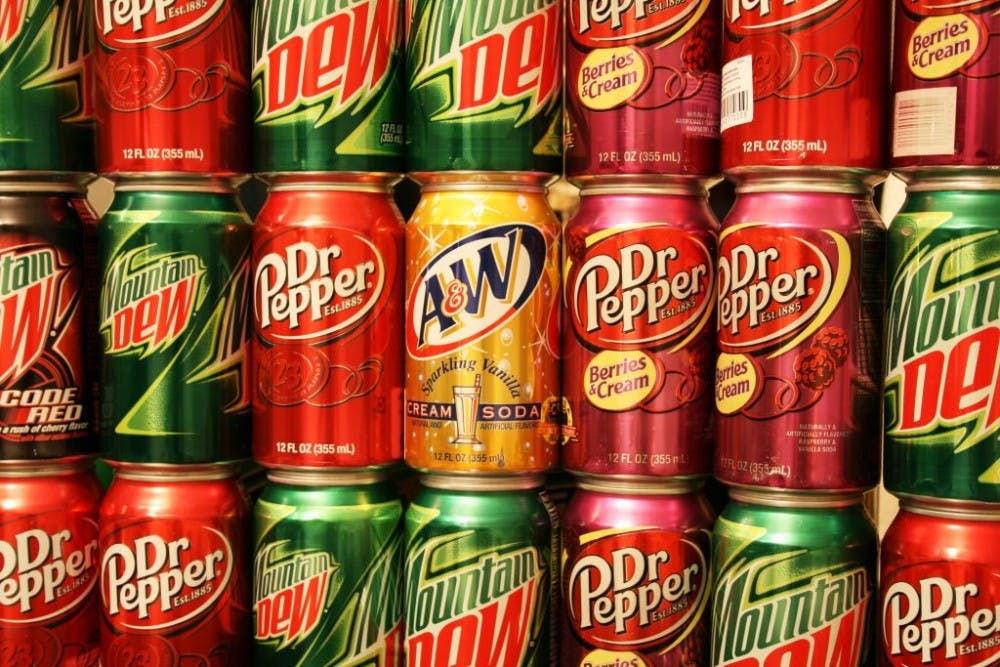A study published in the 2016 issue of Translational Cancer has suggested that there may be an association between certain cancers and sugar-sweetened beverages. The study was conducted at Louisiana State University Health Sciences Center and states that the link between cancer and sugar-sweetened drinks varies with age.
Furthermore, it showed that with regards to cervical cancer survivors, consumption of sugar-sweetened beverages may be an added risk factor.
The study analyzed data from over 20,000 adults who participated in the National Health and Nutritional Examination Survey. This survey asked participants for the average consumption of sodas, fruit-flavored drinks, sweetened fruit juices, sports drinks, sweetened teas or coffees, energy drinks and similar drinks as well as cancer, smoking and obesity status. Demographic characteristics like age, gender, race, and poverty/income ratio were also collected.
Researchers found that 15.7 percent of survey participants had high sugar intake from sugar-sweetened drinks. The populations who had the highest sugar intake of 80 grams per day were younger, male, black, obese, current smokers, low-income or had education levels at or below high school.
Cervical cancer survivors tended to consume more sugar than other cancer survivors. To put these numbers into perspective, the American Heart Association recommends no more than 25 grams of sugar for women daily and no more than 37.5 grams of sugar for men.
“The objective of this study was to closely evaluate the risk factors of sugar consumption from sugar-sweetened beverages among cancer survivors and people not diagnosed with cancer, and to our knowledge, no other studies have examined sugar-sweetened beverage intake in cancer survivors,” Melinda Sothern, professor of public health at LSU Health New Orleans said in a press release. “Recently growing evidence suggests a link between sugar-sweetened beverage consumption and the risk of pancreatic and endometrial cancer, as well as the risk of colon cancer recurrence and death among cancer survivors.”
According to a previous study published in the American Journal of Clinical Nutrition, high consumption of sugar and high-sugar foods may be associated with a greater risk of pancreatic cancer.
This study analyzed a Swedish population of about 800 men and women who had been diagnosed with pancreatic cancer as well as control subjects. Participants were asked to fill out an extensive questionnaire that rated sugar consumption levels.
The study found that there was a positive association between soft drink consumption and pancreatic cancer in people who are overweight or sedentary. There was a weaker association between sugar drink consumption and pancreatic cancer in men than women.
When compared to women who had low intake of sugar, women with high intakes had 3.7 times the risk of pancreatic cancer. The difference for men who consumed sugar was not nearly as significant (1.3 times the risk).
In conjunction with the study conducted at Louisiana State University, these findings have provided evidence that although the specific types of cancer may vary, there are increased risk factors associated with sugar consumption in both cancer survivors and those who have not been diagnosed with cancer.
“Given the possible role of hyperglycemia and hyperinsulinemia in the development of pancreatic cancer, frequent consumption of sugar and high-sugar foods may increase the risk of pancreatic cancer by inducing frequent postprandial hyperglycemia, increasing insulin demand, and decreasing insulin sensitivity,” the study noted.





